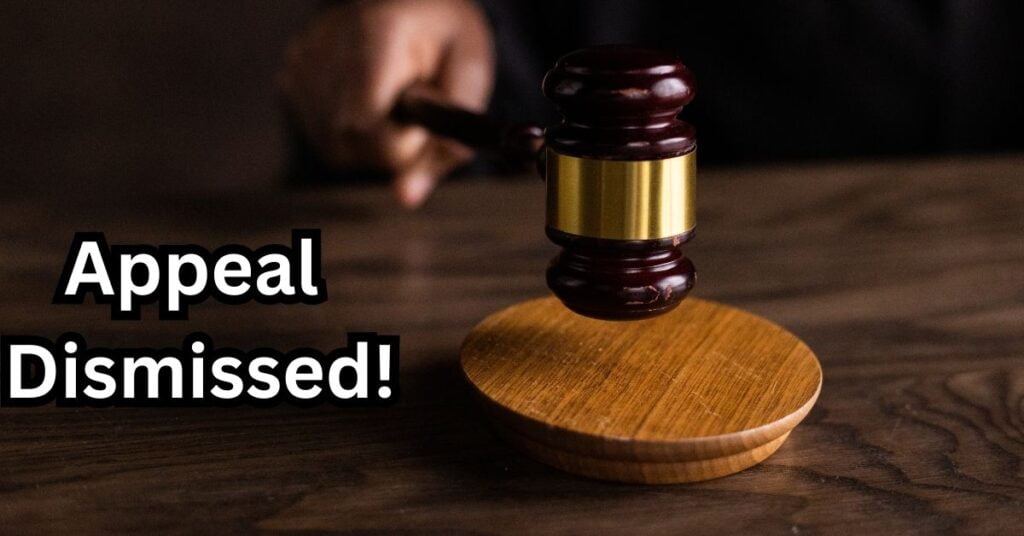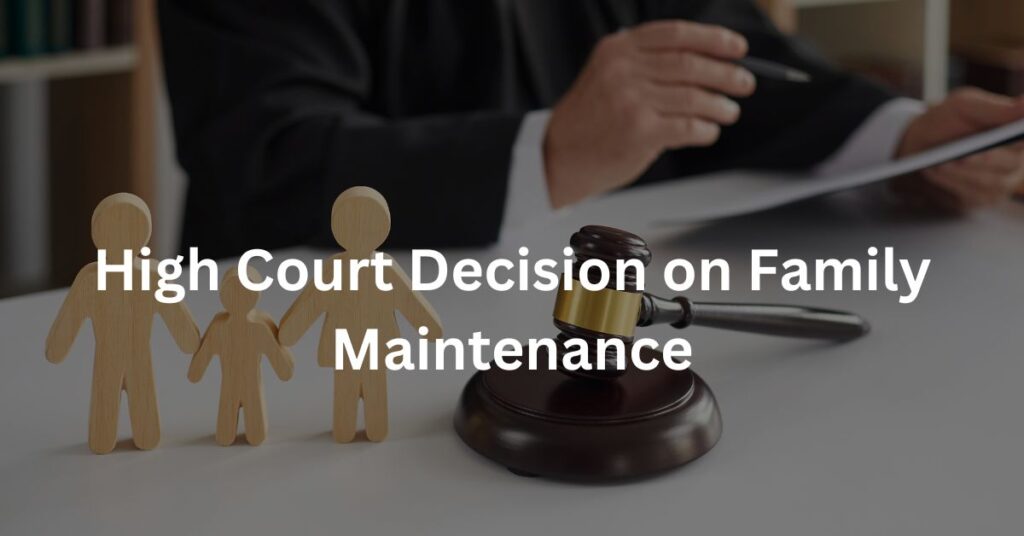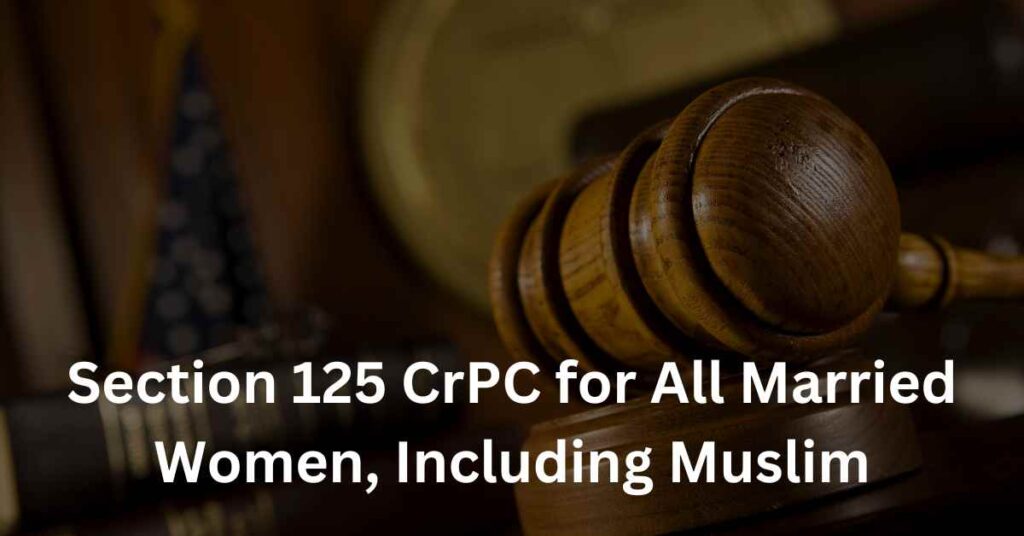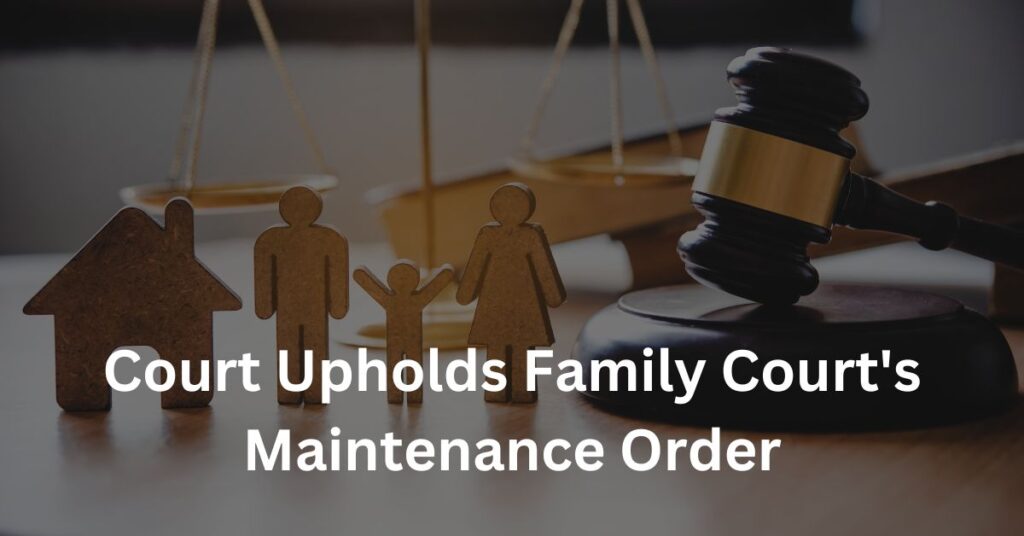In a significant Delhi High Court judgment, an appeal seeking the modification of a maintenance order in a divorce case has been dismissed. The court, in its ruling, upholds the original maintenance arrangement, stating that the appellant’s awareness and responsibility for the respondent’s child from a previous marriage prevent any change in circumstances.
Table of Contents
ToggleIntroduction
In a recent Delhi High court judgment dated March 01, 203 in MAT.APP.(F.C.) 62/2023, an appeal seeking the modification of a maintenance order in a divorce case has been dismissed. The court, in its ruling, upholds the original maintenance arrangement, stating that the appellant’s awareness and responsibility for the respondent’s child from a previous marriage prevent any change in circumstances.
Background
This Delhi High Court judgment stems from Rajiv Kumar Yadav’s petition for divorce from Manju Devi, based on the grounds of desertion. The divorce was granted through a judgment issued on July 13, 2017. As part of the judgment, Rajiv was directed to provide maintenance for their two daughters, with specific amounts allocated for different time periods. Notably, the elder daughter was from Manju’s previous marriage, while the younger daughter was born during their marriage.
Appeal
Rajiv filed an application under Section 25(2) of the Hindu Marriage Act, 1955, seeking modification of the maintenance order. He claimed that he recently discovered that the elder daughter was listed as a dependent of Manju’s late first husband in an Army Authorities document. Rajiv argued that this constituted a change in circumstances warranting a modification of the maintenance order.
Court's Decision
The Family Court had previously dismissed Rajiv’s application, finding no change in circumstances. The High Court concurred with the Family Court’s decision. The court observed that Rajiv was already aware of the elder daughter’s existence and had undertaken the responsibility of supporting her when he married Manju. Therefore, the Army Authorities’ document did not constitute a new or changed circumstance justifying a modification of the maintenance order.
The court emphasized that when a person enters into a marriage with someone who has a child from a previous relationship, they assume responsibility for that child. Rajiv’s awareness of the elder daughter’s presence was deemed significant, as it indicated his commitment to supporting her.
Conclusion
Based on the above reasoning, the Delhi High Court dismissed Rajiv Kumar Yadav’s appeal, upholding the earlier judgment and maintenance order. The court found no valid grounds for modifying the maintenance arrangement, as the Army Authorities’ document did not represent a change in circumstances. This Delhi High Court judgment highlights the court’s emphasis on the responsibilities undertaken when entering a marriage with a person who has a child from a previous relationship.



